If you have been given a prescription in the past, you might wonder: What drugs are prescription opioids, and should I be worried about addiction? Prescription opioids are some of the most common prescriptions across America, yet they bring a severe risk of addiction.
What are Opioids?
Opioids are a category of drugs derived from the Opium poppy plant. It comes from a natural source and works in the brain and body by disrupting communication between pain receptors. When you consume any type of opioid derivative, legal or illegal, prescription or otherwise, it helps block the pain you feel. It doesn’t block the actual pain or fix the source of your pain, but it stops your brain from registering that you are in pain.
For this reason, many medical opioids are used during surgery as an anesthetic or after medical procedures to help manage pain.
What is a Prescription Opioid?
Understanding what drugs are prescription opioids can prepare you for potential side effects, complications, and, most importantly, the high risk of addiction. It’s a common misunderstanding for people to assume that something given to you as a prescription is perfectly safe, legal, and not necessarily harmful. What prescription medications are often derived from plants, just the same as over-the-counter medications or illegal medications. Digitalis, commonly used to treat heart problems, is derived from the foxglove plant, just like Tylenol and aspirin come from a plant. Opioids are no different; opioids come from a plant. But coming from a plant still means they can be highly addictive.
A prescription opioid is simply an opioid that a doctor gave you. Your doctor might not have given you heroin after surgery or to treat your chronic pain, but they could have just as quickly given you a medically approved opioid that functions in the same way. Knowing that many prescription drugs are opioids helps you better understand the risk of addiction when you take prescription pain medications. This is not to say that you should avoid what drugs are prescription opioids. When you are given a prescription for opioids, you need to be aware that there is an inherent risk of addiction, and anyone struggling with addiction should get professional help.
What Drugs are Prescription Opioids?
So what drugs are opioids? Quite a few. With a prescription, you might get drugs to help you deal with pain like:
- Hydrocodone (Vicodin®)
- Oxycodone (OxyContin®, Percocet®)
- Oxymorphone (Opana®)
- Morphine (Kadian®, Avinza®)
- Codeine
- Fentanyl
- Hydromorphone
- Tapentadol
- Methadone
Knowing what drugs are prescription opioids are only part of understanding the risks. There were over 191 million opioid prescriptions given to Americans in 2017. Places like Alabama write three times as many opioid prescriptions as other states. These high rates of prescription opioid abuse have increased the rates of opioid-related deaths. Common prescription opioid deaths typically involve oxycodone, hydrocodone, and methadone.
Drugs like pharmaceutical fentanyl are up to 100 times more potent than morphine and usually prescribed for pain management in cancer patients. But whatever the reason for the prescription, misuse, and abuse remain high.
Opioids can be very addictive because they change the part of your brain that controls breathing. Combining opioids with other drugs or alcohol increases the severe risk of an overdose or death. Research indicates that anyone who regularly uses opioids can become dependent on them. Opioids change the way your nervous system in your brain functions, but it’s different for everyone, so you don’t necessarily know how it’s going to change for you or influence an addiction.
How to Find Prescription Opioid Addiction Treatment
So, if you are struggling with addiction to prescription opioids, it is essential to get help. Professional facilities can guide you through detox, withdrawal symptoms, and recovery. Because opioid addiction manifests differently for each person and can be caused by various factors, Marina Harbor Detox offers customized treatment plans based on your circumstances.
You can enjoy inpatient and outpatient rehab customized to your needs through our San Francisco treatment facility. We can help treat coexisting mental health problems or underline chronic pain simultaneously as your prescription opioid addiction. We meet with you to create a plan involving personal and group therapy and holistic treatments in a supportive environment where you can turn your attention inward and start to rebuild.
Our team is here to help you start your journey toward recovery with a complete medically supervised detox in Northern California, so that you can read your body of its dependence on opioids and begin anew.
Contact us today to learn how we can help you with opioid addiction treatment in San Fransisco. Let Marina Harbor Detox help you manage your prescription opioid addiction today.



